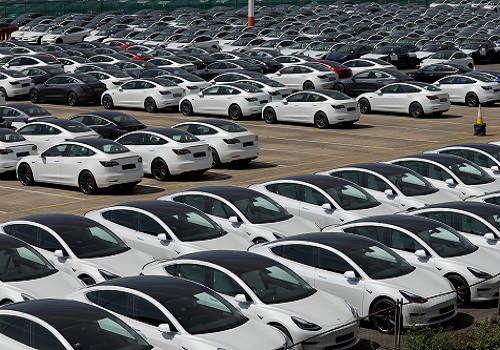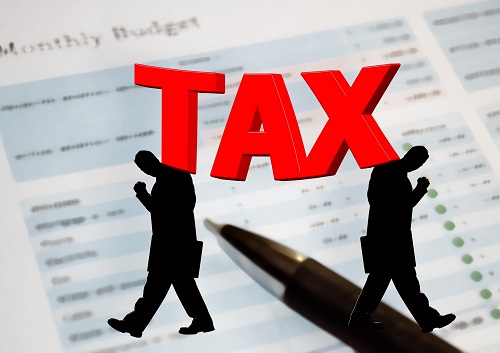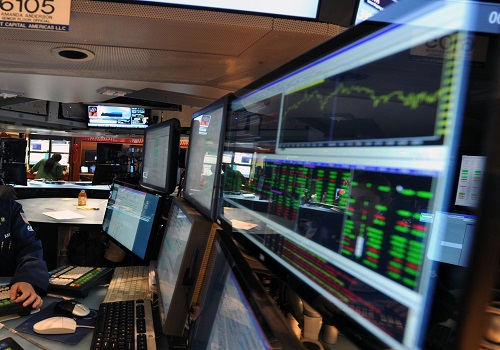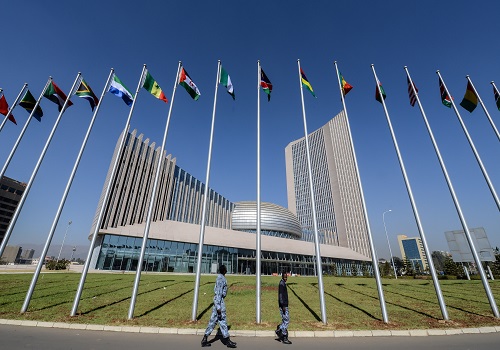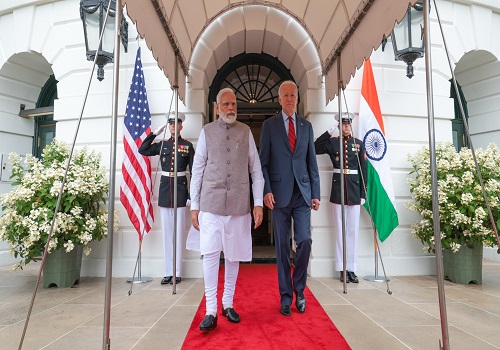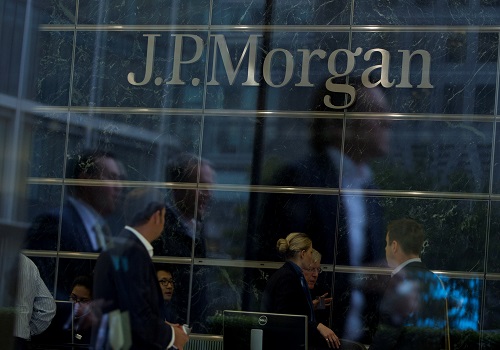Zynga forecasts strong bookings for 2021 on Harry Potter game boost
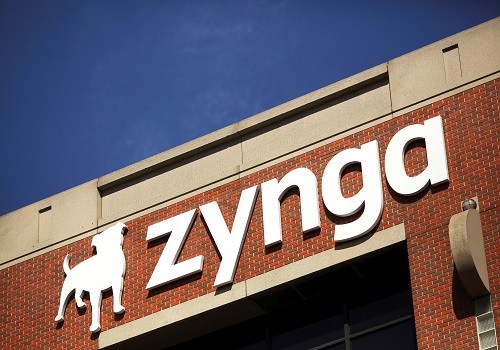
Follow us Now on Telegram ! Get daily 10 - 12 important updates on Business, Finance and Investment. Join our Telegram Channel
Zynga Inc on Wednesday forecast annual net bookings above Wall Street estimates, betting on the launch of its upcoming "FarmVille" game and strong in-game spending in its existing titles such as "Harry Potter: Puzzles & Spells."
The company's shares rose nearly 3% in extended trading.
Zynga said it expects full-year net bookings - an indicator of future revenue - to be $2.8 billion, more than the $2.75 billion analysts were anticipating, according to Refinitiv IBES data.
Its outlook includes a full-year contribution from Rollic's titles "Toon Blast" and "Toy Blast," initial sales of "Puzzle Combat" and "FarmVille 3" set to launch in the first half of 2021, and the potential release of its first "Star Wars" game by the end of the year.
Zynga's NaturalMotion studio is also developing four new games focused on the action-adventure category that consumers would be able to play across platforms, Chief Executive Officer Frank Gibeau told Reuters.
The games are expected to be published starting in late 2021, he added.
Zynga depends on licensing deals with franchise owners, such as the one with Warner Bros. Games for "Harry Potter" and Walt Disney for "Star Wars," to publish themed games and has bolstered its position in the fast-growing mobile-gaming market through a slew of acquisitions.
The company said it expects international expansion of its franchises to drive growth in 2021, with Europe and Asia likely to be the primary growth markets.
Net bookings were $699 million for the fourth quarter, beating estimates of $677.2 million. Zynga mainly generates revenue from the sale of virtual goods, such as currency and lives, within its free-to-play games.
The "Words With Friends" publisher's average monthly active users more than doubled from a year earlier to 134 million as people spent more time online due to pandemic-induced restrictions.

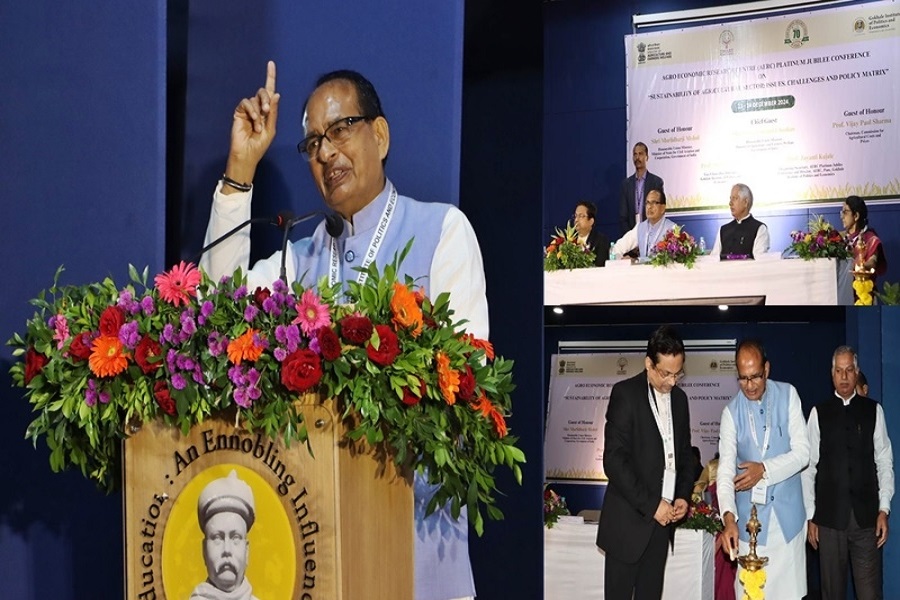


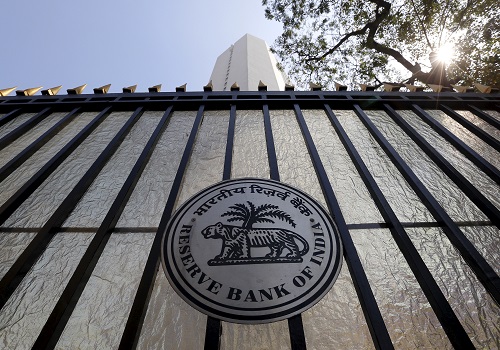

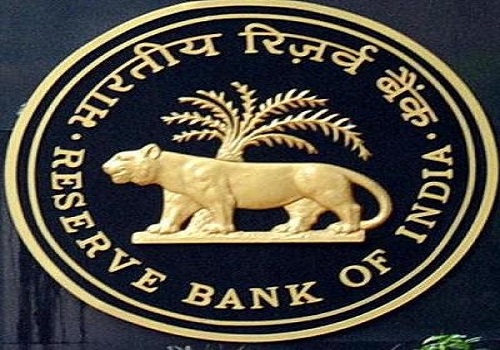





 320-x-100_uti_gold.jpg" alt="Advertisement">
320-x-100_uti_gold.jpg" alt="Advertisement">



